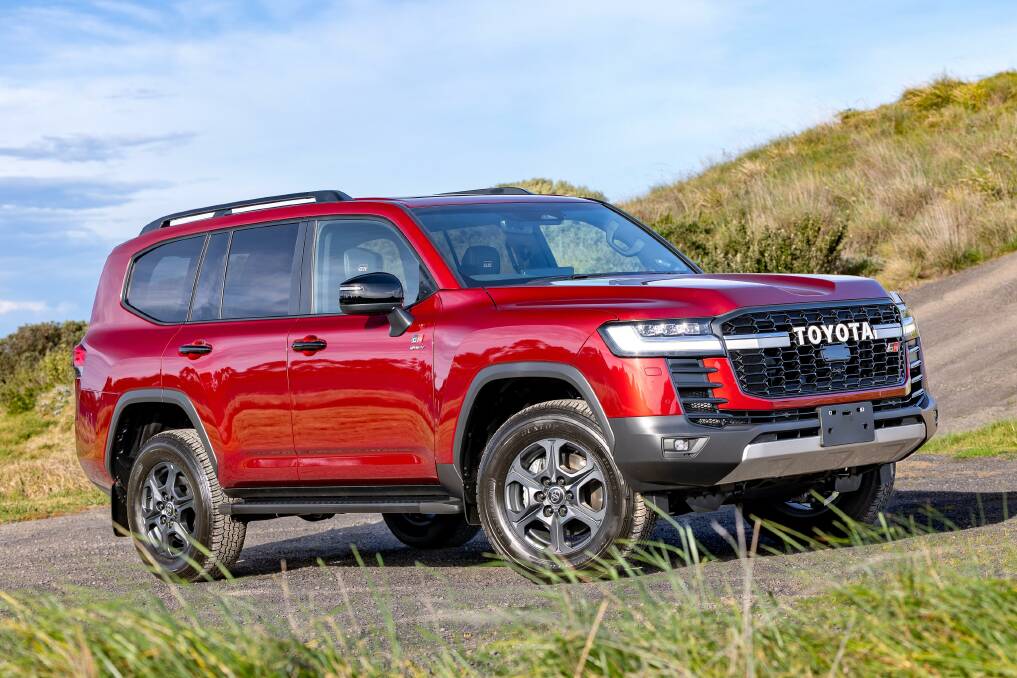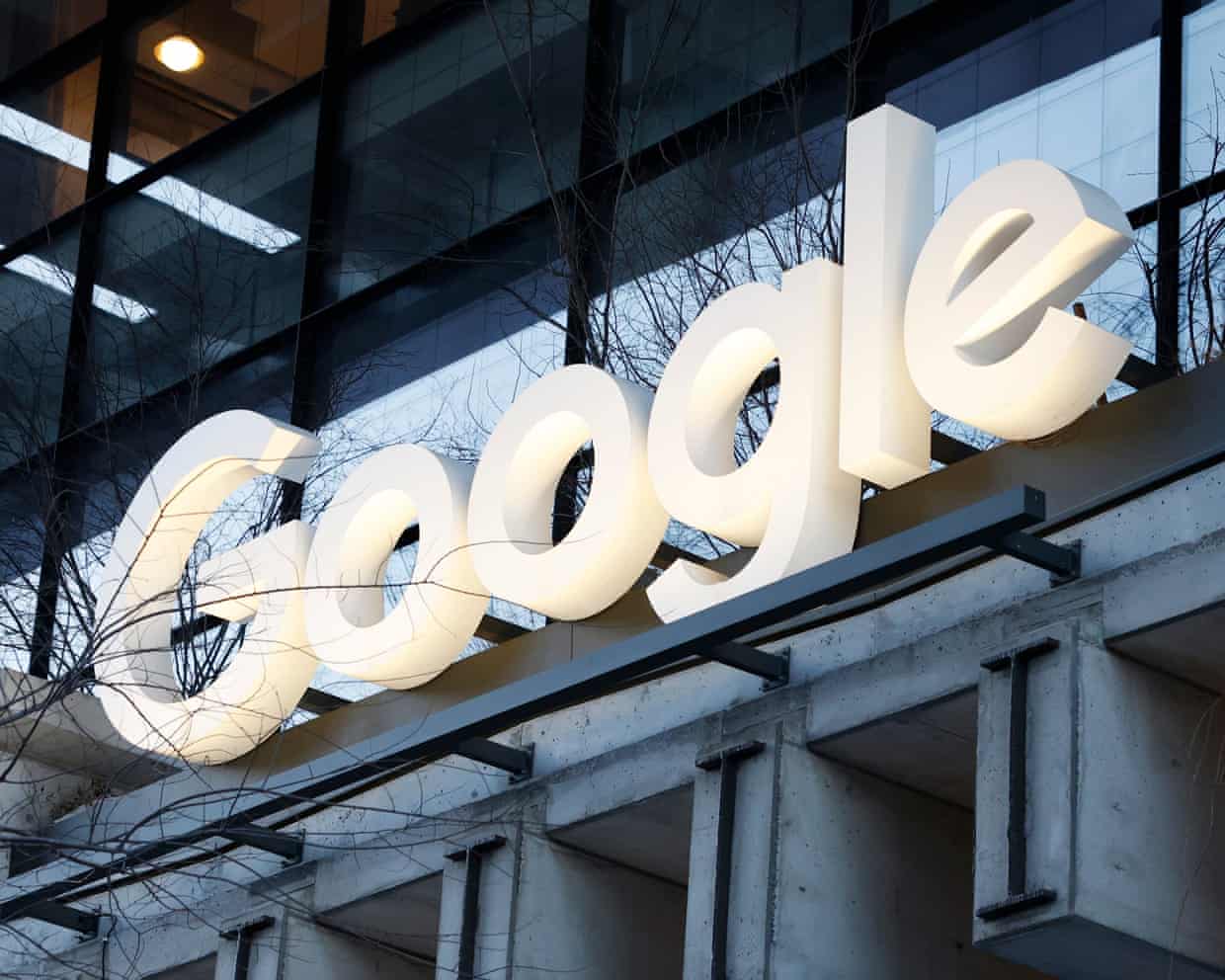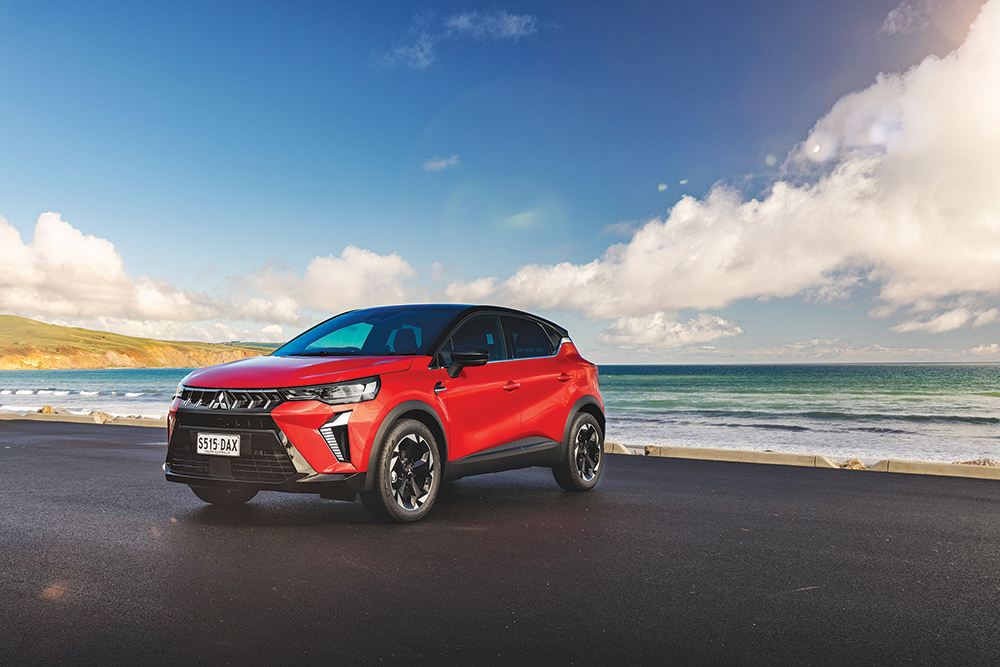
Toyota has confirmed it will continue developing diesel engines, defying tightening global emissions regulations. During a conference at the Japan Mobility Show (JMS) in Tokyo last week, Takashi Uehara, the company’s powertrain chief, stated that there is no set timeline for phasing out diesel-powered vehicles. Uehara emphasized the ongoing demand for diesel in markets such as Australia, Europe, and the Middle East, noting, “We still see high requests and expectations from our customers in these markets.”
In Australia, diesel vehicles accounted for 48.4 percent of Toyota’s sales between January and August 2025, a slight increase from 42.6 percent in 2024 but down from 52.6 percent in 2023. While Toyota is committed to its decarbonization goals—primarily through petrol-electric hybrid vehicles—Uehara did not dismiss the potential for diesel hybrid models. He pointed out that hybrid technology is not limited to petrol engines, mentioning the introduction of the 48V mid-hybrid HiLux and Prado ‘V-Active’ models in Australia in 2024.
Uehara also remarked on the versatility of internal combustion engines (ICE), stating, “There is high potential for ICE – the mix of fuels that is highly accommodating of different types.” He acknowledged that customer preferences vary by region, with some consumers wanting battery-electric vehicles while others prefer ICE options. This perspective aligns with Toyota’s commitment to a “multi-pathway approach,” which includes offering a range of powertrain types across its model lineup.
The company faces increasing pressure from emissions regulations, such as Australia’s New Vehicle Efficiency Standard (NVES). This standard imposes penalties on manufacturers that exceed CO2 emissions limits, which has already led to the removal of rear-wheel-drive versions of the Ford Everest and Isuzu MU-X from Australian showrooms. Uehara noted, “Emissions regulations will become tougher going forward,” indicating that while diesel development will continue, it must adapt to stricter requirements.
Sean Hanley, Toyota Australia’s vice president of sales, marketing, and franchise operations, suggested that diesel power may have a decade of viability before hydrogen technologies become more prevalent. This assertion underscores Toyota’s strategy to balance traditional fuel sources with the transition to cleaner alternatives.
Despite criticism for being slow to embrace electric vehicles (EVs), many industry experts now view Toyota’s gradual approach as prudent. As other automakers face challenges from their aggressive EV commitments, Toyota’s diversified strategy may help mitigate risks associated with over-investment in any single technology.
Uehara concluded his remarks by acknowledging the potential challenges ahead, saying, “The cost for admission is going to be heavier, and that may undermine the popularity of diesel in the future.” He reaffirmed Toyota’s dedication to promoting electrification while maintaining the performance attributes of diesel engines.
Should Toyota decide to pursue diesel hybrid technology, it would not be the first automaker to do so. Several European brands have previously explored diesel-electric powertrains. Additionally, Chery Australia’s upcoming ute is expected to incorporate a diesel-electric plug-in hybrid system, potentially marking it as the first of its kind in Australia.
As the automotive landscape continues to evolve, Toyota’s commitment to diesel and hybrid technologies illustrates its intent to remain flexible and responsive to consumer demands while addressing environmental challenges.







